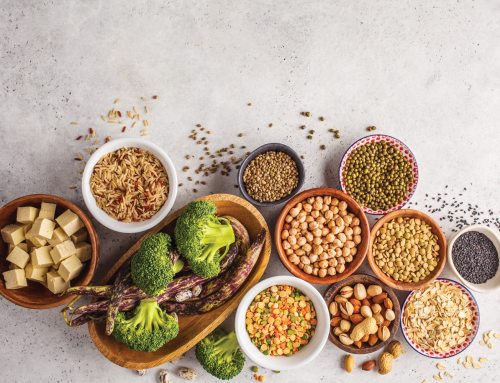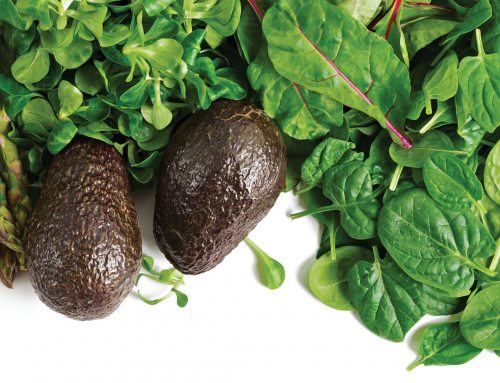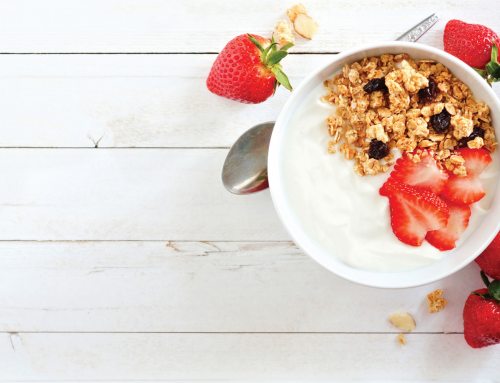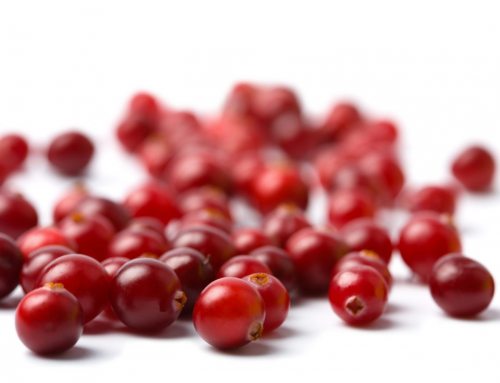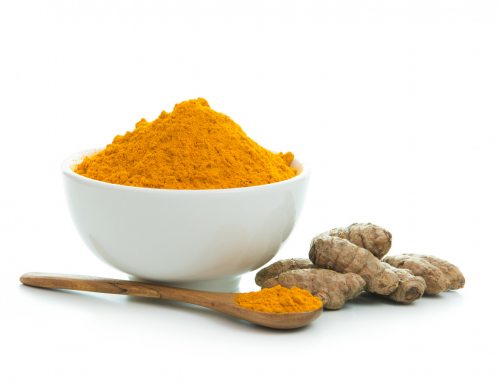By Ashley Acornley, MS, RD, CSSD, LDN
When you work hard, you feel like you deserve to be good to yourself and indulge. It’s true of many athletes— professional, collegiate, weekend warriors, and everyone in between! It’s the case with an elite athlete who crosses the finish line exhilarated but depleted. And it’s true of your average runner who has the discipline and fortitude to put her body in motion to reach a personal goal and stay in shape. Although everyone deserves a yummy treat here and there, the purpose of adequate sports nutrition is to find foods that taste good, feel good, and are nutritionally beneficial to your performance and recovery.
Not all workouts are created equal. A short run, say a two-miler, doesn’t require much, if any, replenishment. Once you move beyond a 45-60 minute window of exercise, it’s important to provide that miraculous machine of yours with both carbohydrates and protein. A run that lasts an hour or more taxes your body in such a way that you need to give it carbohydrates and protein in a particular proportion, ideally a 3-to-1 ratio of carbs to protein, that will maximize immune function while restoring energy and rebuilding your muscles better than before. Although carbs are typically given a bad reputation, carbs are actually the ideal macronutrient to provide energy and allow recovery to occur in endurance athletes. Ideally, 1.2-1.5g/kg carbohydrates are advised to consume within an hour after your hard workout, in addition to 10-20g of protein. Make sure you’re getting the most out of your workout by replenishing yourself correctly. With all those things in mind, here are some tasty and beneficial foods to eat post-run.
Oatmeal
Oatmeal is a great post-run food because it contains plenty of carbohydrates, plus protein and fiber. Fiber makes you feel full so you don’t risk over-indulging. Sound a little bland? Top it with a fruit of your choice and cinnamon to make it both healthy and tasty. An added benefit, the fiber in oatmeal has been shown to reduce LDL (bad) cholesterol.
Greek Yogurt
Greek yogurt has been growing in popularity with endurance athletes and it’s packed with natural proteins, carbs and healthy fats, not to mention the calcium and Vitamin D benefit. You certainly don’t have to eat it plain, either. Add honey, nuts and fruit. It almost sounds like a dessert, but it’s good for you. You can’t beat that!
Hummus
Think of hummus as a healthy dip. It’s a tasty dip, too. It’s full of protein and contains plenty of fiber to help you feel full. Plus, there are lots of options for its use. Dip celery or carrot sticks in a bowl of hummus or put it on pita bread. Spread some hummus on several romaine lettuce leaves, wrap them around diced veggies and you’ve practically got a meal.
Chocolate milk
Lowfat chocolate milk has gained popularity in sports nutrition research over the past few years. Why? Chocolate milk has the perfect 3-to-1 ratio of carbohydrates to protein, and is a fluid which helps with hydration. Not to mention the added benefit of sodium, calcium and Vitamin D contained in dairy products! Chocolate milk is delicious, refreshing, convenient and economical. So why not give it a try?
Banana
Carbohydrates often get a bad rap, but not when it comes to athletes. Carbs are the fuel in the runner’s tank and that fuel can come in many forms— one of them is fruit. Bananas are a classic staple of post-run diets. You can include a banana in a smoothie with almond milk, peanut butter, honey, ice, and cocoa powder. Or, eat with a glass of skim milk and spread a little almond butter on the fruit.
Tart Cherry Juice
Tart cherry juice is a fairly recent topic in sports nutrition research. Tart cherry juice is a great beverage for endurance athletes to drink, because of its high antioxidant properties. The specific compounds found in tart cherry juice help improve recovery and muscle soreness after a tough workout, as well as improve hydration. You can drink the juice alone, or mix into a smoothie.
Almonds
You’re probably noticing a trend by now. The foods that are best for you are natural foods. Add nuts to that list. Almonds are a runner’s favorite. They provide antioxidants and, if eaten regularly, can help lower cholesterol levels. Almonds can be eaten alone, but they certainly don’t have to be. Sliced almonds are good tossed in a green salad and added to pasta, or they can just as easily be mixed with oatmeal or a yogurt and fruit concoction.
Veggies
Antioxidants, protein, carbohydrates, vitamins and minerals – what else could a healthy body ask for from a food? It’s hard to go wrong with vegetables. On a long run, you may not fantasize of having a plate of kale when you’re finished, but there’s a multitude of ways to make post-run veggies palatable and even quite tasty. Slice some cucumbers and put them in a whole-wheat sandwich with some hummus. Try some stir-fry. Mix carrots, romaine lettuce and spinach leaves in a salad. Make a green smoothie with protein powder in it. The possibilities are endless!
# # #
Ashley Acornle, MS, RD, LDN is sports dietitian at Triangle Nutrition Therapy Inc She has an undergraduate degree in Kinesiology and a Masters degree in nutrition. IN addition to being a Sports Dietitian, she is also a Personal Trainer. She teaches competitive athletes ways to fuel and hydrate to optimize sports performance and maximize health


